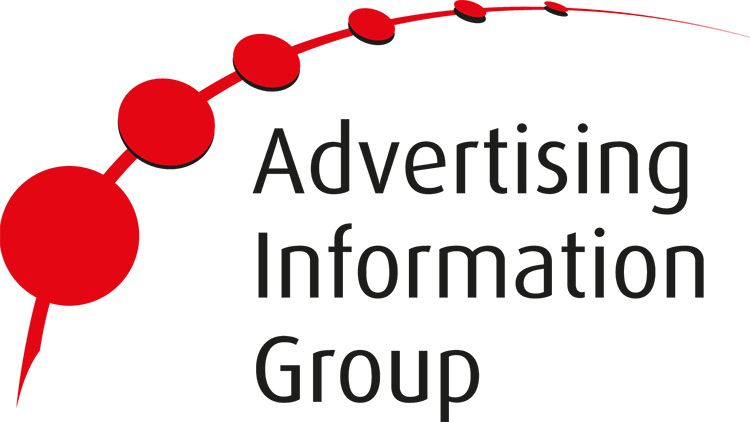AIG Newsletter 25 July 2022
Advertising Information Group-Newsletter
Lesedauer: 4 Minuten

POLITICAL ADVERTISING
IMCO discusses its draft report on political advertising
On 12 July, the EP IMCO Committee held a discussion on the draft report on the proposal for a regulation on transparency and targeting of political advertising, in which the Rapporteur, MEP Gozi (Renew) spoke about remaining issues. On scope, Gozi argued it should remain broad and include issue-based ads. However, there was a need for further clarifications, as he believed private or purely commercial ads should not be covered.
The EPP wanted to be rigorous on scope, calling for a clear separation between ad targeting and ad delivery. S&D argued that civil society and companies should be captured.
Gozi also suggested that national authorities should be provided with the means to intervene on targeting and amplification techniques contained in Art. 12. The EPP wanted to establish clear standards on the use of personal data and to give people transparent information. On enforcement, Gozi advocated for better cooperation at the EU level between existing authorities.
European Economic and Social Committee publishes opinion on political advertising
On 18 July, the European Economic and Social Committee (EESC) published its Opinion on the proposal for a regulation on the transparency and targeting of political advertising. On definitions, the EESC suggested using a broad but clear definition of political advertising that went beyond officially remunerated activities. It argued the regulation should cover anyone that creates or publishes political advertising, whilst limiting opportunities for those not in the EU to disseminate political ads to prevent foreign interference in EU elections.
The EESC recommended that Article 8 (Periodic reporting on political advertising services) should apply to all advertising publishers, including SMEs, and that there must also be the possibility to complain directly to relevant national authorities.
On targeting, the EESC strongly recommended prohibiting targeted political ads based on special categories of data, pervasive tracking and processing of information concerning an individual's online or offline behaviour. Targeting techniques in political advertising that involve the processing of personal data should also be limited, due to risks linked to limited provision of ‘explicit consent’ The Committee called for full transparency on targeting techniques, as well as broader sanctions.
DIGITAL
Czech Presidency presents its digital and audio-visual priorities in IMCO, CULT and ITRE committees
On 12-13 July, the EP IMCO, CULT and ITRE committees heard from the Czech Presidency on its digital priorities.
In ITRE, Czech Deputy PM for Digitisation, Ivan Bartoš, noted that the Czech Presidency would look to progress the Digital Identity Regulation as much as possible in order to reach a general approach in the Council by the end of 2022, whilst also maintaining the current intensive nature of negotiations on the Data Act. On cybersecurity, The Czech’s aimed to reach an agreement on the NIS II Directive by the end of November.
Czech Culture Minister, Martin Baxa, stated that the European Media Freedom Act (MFA) would be launched as a key priority for the Presidency. The Minister stressed that the plurality and independence of media was crucial, as well as support for media literacy. The Presidency was ready to start negotiations and to draft a progress report on the MFA. The Presidency would also seek to address disinformation from Russia. The Presidency noted some EUMS were more advanced in media regulation and some were more reluctant.
Council & Parliament find provisional agreement on Path to the Digital Decade
On 14 July, the EP and the Council reached an agreement on the Path to the Digital Decade, a set of digital targets to be achieved by 2030. It aims to: (i) ensure 80% of the population aged 16-74 has basic digital skills; (ii) deploy 10.000 climate neutral highly secure edge nodes; (iii) bring 75% of European enterprises to use cloud computing services, big data and AI; and (iv) ensure more than 90 % of European SMEs have reached a basic level of digital intensity.
It will also look to ensure democratic life and key public services are fully accessible online for everyone, and that all EU citizens have access to their medical e-records by 2030.
The agreement will now have to be formally approved by both the EP and Council. The Parliament’s ITRE committee will aim to vote on the text on 1 September.
AIG EXCHANGE
Last week, we held our latest AIG Exchange meeting with AIG partners. The group discussed amendments to the EU’s AI Act and the Regulation on political advertising. Both proposals look to restrict the use of personal data for online advertising. We also discussed the EU’s revision of the Consumer Credit Directive impacting information requirements in advertising.
DATES FOR YOUR DIARY
6 September: The EU Artificial Intelligence Act: potential impact beyond high-risk applications Event.
12 September: Friends of Europe: dealing with far-right radicalisation and disinformation Event
14 September: Annual Data Privacy Conference.
20 September: EU Cybersecurity and Resilience Conference.
21 September: The Digital Marketing Exposition & Conference.
21 September: EIT Digital Talents & Skills Event.